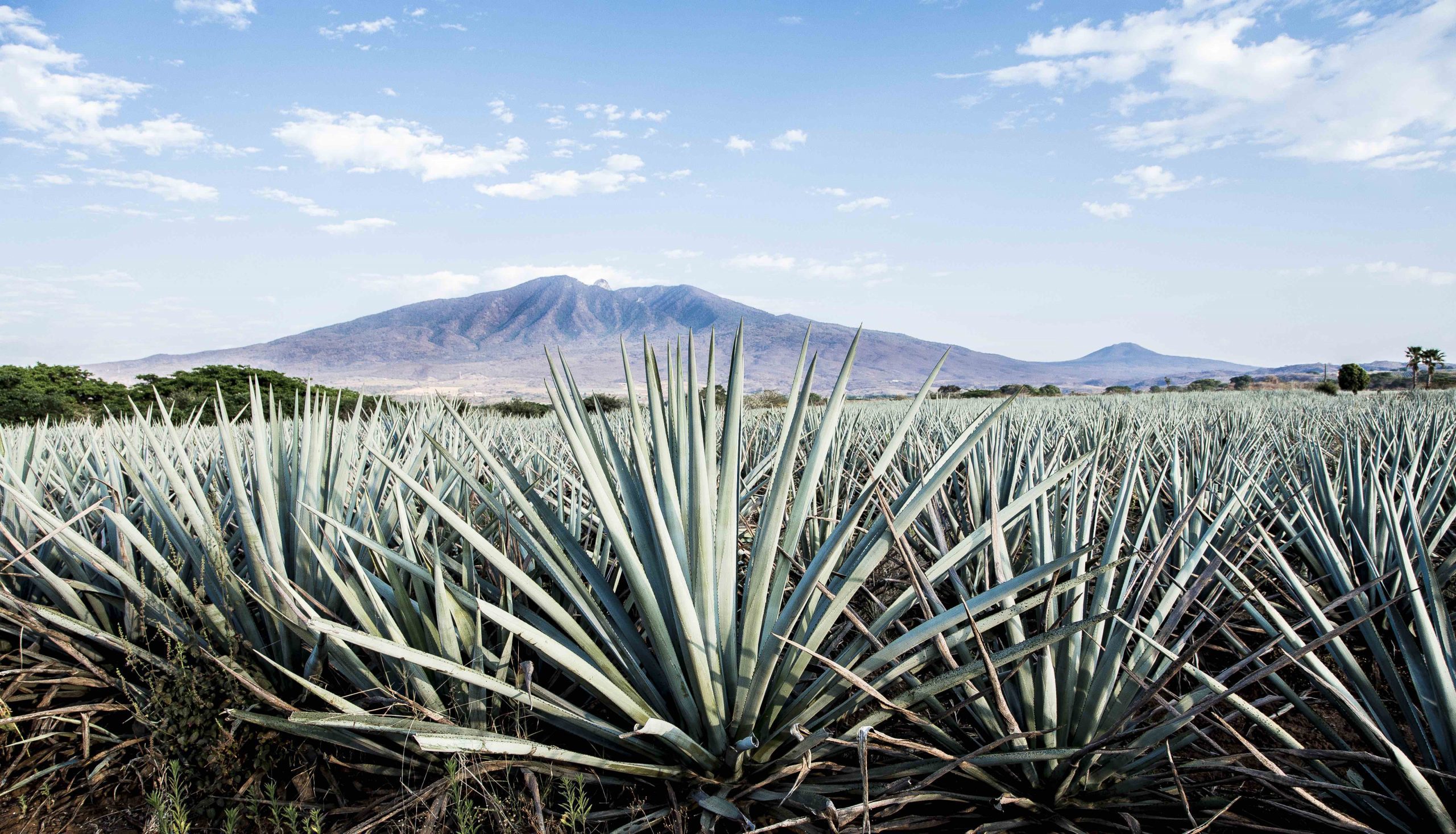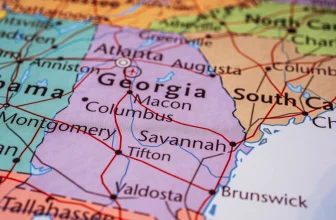
This week was a big one for marijuana legalization. All around the country, at both the state and federal levels, changes are happening — and while none of them are “the one,” it only takes stepping back to see the big picture. Change is happening before our eyes, friends.
1. The DEA pushes for increased marijuana production.
The United States Drug Enforcement Administration (DEA) has put forth a proposal that the country increase its federally regulated production of marijuana and psilocybin. Though both are (somehow) Schedule I controlled substances, the DEA believes that ramping up the production of both substances could help pharmaceutical researchers develop new medicines and therapies with FDA approval. The DEA proposed “significant increases” in their production, as they are “directly related to increased interest by DEA registrants in the use of hallucinogenic controlled substances for research and clinical trial purposes.” This is a quietly foundational moment — having the DEA advocate for the potential medical benefits of marijuana and psilocybin can only help legalization efforts.
2. The Biden administration aims to make marijuana research easier.
Biden’s Drug Czar has proposed a major change to the federal government scheduling of marijuana and psilocybin. The change would make it easier for researchers and scientists to access Schedule I substances — or at least put them behind the same number of barriers as Schedule II substances. The White House Office of National Drug Control Policy (ONDCP) sent the letter to congress, which echoed what the office had posted on its website. Two major goals of this move are to diminish the market for illicit fentanyl imitations and to protect civil rights, two things that would be aided by both legalization and increased scientific access. Read more here.
3. Maryland could have legalization on the 2022 ballot.
In the Maryland House, a group is working on marijuana legalization — and the speaker appears to be planning on putting legalization on next year’s ballot. On Wednesday, the group met and discussed how reform has happened throughout the United States. There are ten people in the group, and all members appear prepared to work on legislation in the event that voters approve legalization next year.
4. Minnesotans express support for legalization.
This year, the Minnesota legislature let a legalization bill die. However, a recent lawmakers’ poll showed that residents of the North Star State are increasingly on the side of marijuana reform. The poll showed that 58% support legalization, up 2% from a similar poll conducted in 2019. The poll included 5,200 participants and was conducted at the State Fair. Respondents answered 12 questions on different policy proposals, but marijuana reform was among the most popular. Recently, a bill that would have legalized marijuana passed the state’s House of Representatives (which is majority Democrat) but was killed in the Senate (which is majority Republican). However, with the support of voters behind it, there is hope for legalization in the near future.
5. Agave-based drinks are growing in popularity.
Agave is to modern-day liquor drinkers as avocados are to millennials — it’s winding up in more and more places. For instance, agave is appearing in drinks like vodka, whiskey, cognac, and more. Much of this movement appears to be in response to the boom in tequila and mezcal sales (which increased over 17% last year), which has prompted beverage makers to explore other avenues for agave drinks. Agave also opens the doors for a wide range of flavors and blends. Additionally, the Scotch Whisky Association has relaxed some of its strict regulations on maturing scotch, allowing the aging of scotch in casks that previously housed other drinks (including agave drinks).
6. Maine has passed the $10 million mark in marijuana sales.
For the relatively small state of Maine, exceeding $10 million in adult-use marijuana is a big deal. The entire market is less than a year old, having launched in October of last year. In the first month of legalization, sales were around $1.1 million — and less than a year later, they are $10.2 million. That’s not bad for a state with just 1.3 million residents. In August alone, over 133,000 adult-use recreational marijuana transactions took place. That will provide the state with around $1 million in tax revenue.






